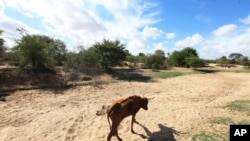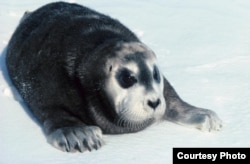R
rdean
Guest
Climate change makes waves in Florida races
Patton, the GOP consultant, said he hopes Republicans can eventually write a winning agenda on climate change. But he acknowledged that’s not going to happen in an election year as ugly as this one.
“It’s a topic more important to Florida than in a landlocked state like Idaho,” Patton said.
“If adults were having an election, we would be talking about what’s happening in Miami Beach. We would be talking about the number and strength of storms affecting Florida. I think we would be talk about it more, just not in this climate.”
------------------------------------------
Republicans don't believe in climate change. After all, the earth is only 6,000 years old. There is no such thing as evolution. It was all shimmered into being with a magical wave of the hand. God put bones in the earth to show us what animals on other planets look like. Vaccines cause autism.
Irreducible complexity. And Ted Cruz was the only GOP nominee to apologize for going to a "kill the gays" rally. It's all been rigged.
Dear God, please make these people lose. Trump is Bush on steroids. We can't afford to through that again. The nation can't take it and even the world is in danger.
Patton, the GOP consultant, said he hopes Republicans can eventually write a winning agenda on climate change. But he acknowledged that’s not going to happen in an election year as ugly as this one.
“It’s a topic more important to Florida than in a landlocked state like Idaho,” Patton said.
“If adults were having an election, we would be talking about what’s happening in Miami Beach. We would be talking about the number and strength of storms affecting Florida. I think we would be talk about it more, just not in this climate.”
------------------------------------------
Republicans don't believe in climate change. After all, the earth is only 6,000 years old. There is no such thing as evolution. It was all shimmered into being with a magical wave of the hand. God put bones in the earth to show us what animals on other planets look like. Vaccines cause autism.
Irreducible complexity. And Ted Cruz was the only GOP nominee to apologize for going to a "kill the gays" rally. It's all been rigged.
Dear God, please make these people lose. Trump is Bush on steroids. We can't afford to through that again. The nation can't take it and even the world is in danger.



